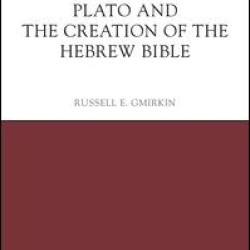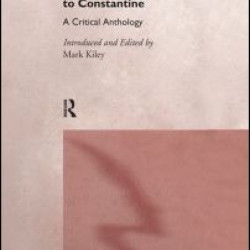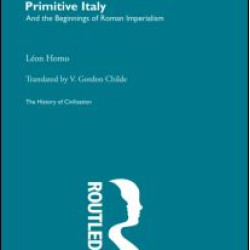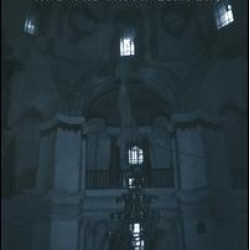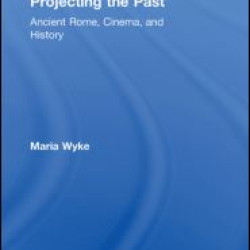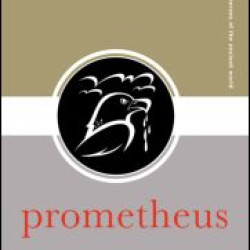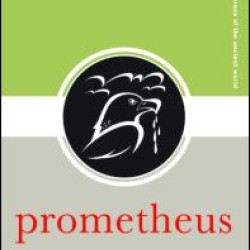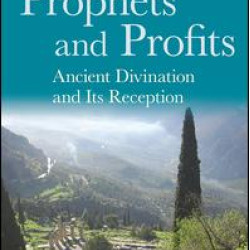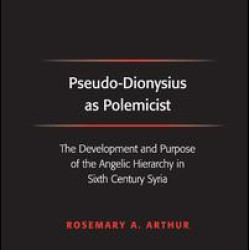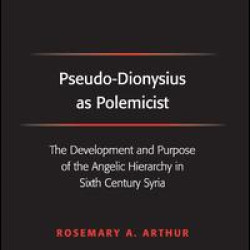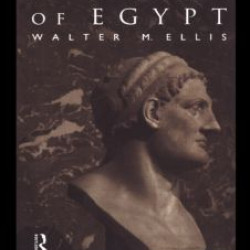Classical Studies
Brand: Taylor & Francis
Model: Stock
Plato and the Creation of the Hebrew Bible for the first time compares the ancient law collections of the Ancient Near East, the Greeks and the Pentateuch to determine the legal antecedents for the biblical laws. Following on from his 2006 work, Berossus and Genesis, Manetho and Exodus, Gmirkin take..
₹8,812.80 ₹11,016.00
Brand: Taylor & Francis
Model: 9780415132343
Presents a diverse selection of prayer chosen by nearly 50 different historians, all specialists in their respective areas of Graeco-Roman literature...
₹6,902.62 ₹8,628.28
Brand: Taylor & Francis
Model: Stock
The studies included in this volume focus on the monuments of two cities in Roman Spain, Emerita (now Mérida) and Tarraco (now Tarragona). Duncan Fishwick provides historiographic surveys of the monuments before discussing the architectonic significance of the provincial forum at Emerita, the influe..
₹8,812.80 ₹11,016.00
Brand: Taylor & Francis
Model: Stock
This work provides a landmark in early twentieth century publishing summarizing the most up to date findings in all branches of the social sciences at a formative time and during a period of decisive historical discovery...
₹17,258.39 ₹21,572.99
Brand: Taylor & Francis
Model: Stock
In this new evaluation of Procopius, Professor Cameron emphasises the essential unity of the three works and, startin with the `minor' ones, deomstrates their intimate connection with the Wars...
₹8,078.40 ₹10,098.00
Brand: Taylor & Francis
Model: Stock
First Published in 1997. Routledge is an imprint of Taylor & Francis, an informa company...
₹6,902.62 ₹8,628.28
Brand: Taylor & Francis
Model: Stock
Offering a comparative approach, including visual material and film, this much-needed book provides an essential introduction to the Promethean myth and locates the nature of this compelling tale's continuing relevance through history, from its origins in ancient Greece, to its appearance in Romanti..
₹6,094.78 ₹7,618.48
Brand: Taylor & Francis
Model: 9780415324069
Offering a comparative approach, including visual material and film, this much-needed book provides an essential introduction to the Promethean myth and locates the nature of this compelling tale's continuing relevance through history, from its origins in ancient Greece, to its appearance in Romanti..
₹1,614.95 ₹2,018.68
Brand: Taylor & Francis
Model: Stock
Whether humans sought knowledge by applying to an oracle or whether they used soothsayers who interpreted specific signs there was a fundamental desire to know the will of the gods. This volume examines the ways in which divination linked mortals with the gods, and places the practice within the anc..
₹8,078.40 ₹10,098.00
Brand: Taylor & Francis
Model: Stock
The anonymous theologian known as Pseudo-Dionysius, who was responsible for arranging the angelic hierarchy into nine orders, had a significant influence on mediaeval European mysticism. This book places him in his religious and political context in 6th century Syria, and uncovers the hidden agenda ..
₹3,083.74 ₹3,854.68
Brand: Taylor & Francis
Model: Stock
The anonymous theologian known as Pseudo-Dionysius, who was responsible for arranging the angelic hierarchy into nine orders, had a significant influence on mediaeval European mysticism. This book places him in his religious and political context in 6th century Syria, and uncovers the hidden agenda ..
₹8,812.80 ₹11,016.00
Brand: Taylor & Francis
Model: 9780415100205
In this work, the first biography of Ptolemy in any language, Professor Ellis charts Ptolemy's extraordinary achievements in and beyond Egypt...
₹6,902.62 ₹8,628.28


